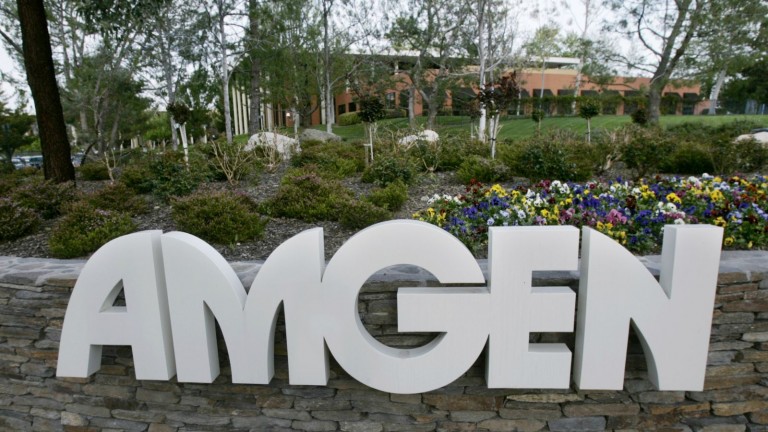
Romosozumab (AKA romo) from Amgen Inc (NASDAQ:AMGN) and Belgium-based UCB, which is in its Phase III FRAME study is yet to achieve any regulatory approval from the FDA until some time next year. However, the study, which involved more than 7,000 women with osteoporosis, revealed that it is close to meeting both primary and secondary endpoints given that it has portrayed a 73%-75% reduction rate of vertebrae fractures. It is also showing a reduction of the incidence of clinical fractures, which commonly occur in postmenopausal women.
However, it missed out on one of the secondary endpoints, which is a 25% reduction rate compared to placebo in the risk of non-vertebral fractures. Executive vice president of Research and Development at Amgen, Sean Harper, explains that a vertebral fracture, which is caused by osteoporosis, is life-threatening and that one in every two women over the age of 50 will experience an osteoporotic fracture.
The FRAME Study
The 24-month study involved an analysis of results from 7,180 women who had a one year intake of monthly 210 mg subcutaneous injections of romosozumab or placebo. This intake would be followed by 12 months of open-label denosumab treatment for both arms. The results were positive from the group that received romosozumab compared to the placebo group.
The use of Romosozumab followed by denosumab had a 75% reduction in risk of vertebral fractures including the relative risk of new vertebral fracture unlike placebo followed by osteoporosis drug denosumab. However, chief medical officer and executive vice president of UCB, Iris Loew-Friedrich, is advocating for a deeper understanding of the results, which will help in sharpening the profile of romosozumab.
The drug is in a race with rival biotech Radius Health Inc (NASDAQ:RDUS), whose EU approval is also set by the end of the year. But it has a competitive edge given that its treatment is only once a month unlike that of Radius’ drug, which is injected daily. However, some analysts insist that of Radius may have a stronger effect.
Meanwhile, Amgen’s treatment has already hit its Phase III Bridge study primary endpoint of increasing bone mineral density of lumbar spine compared to placebo. The projected 2017 launch for romo has a consensus forecast of $650 million of revenue by 2020 even as UCB and Amgen plan to have its results discussed with global regulators as they both look forward to the 2016 filing.




